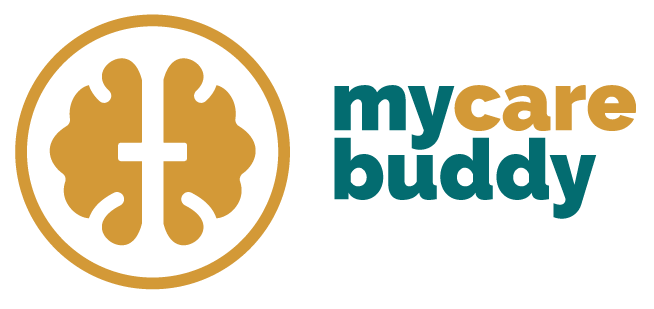Obsessive Compulsive Disorder is not much talked about in Nigeria compared to other mental health issues like anxiety and depression.
Although it is a major mental health challenge, few Nigerians understand what it means. For those who understand, there is a misconception that it is all about performing repeated tasks or trying to stay clean.
However, OCD is way more than that. With OCD awareness week coming soon, it is important that you understand what it really means and how it can be treated.
In this article, we will learn about OCD, its symptoms and how it can be treated or managed.
What exactly is Obsessive Compulsive Disorder (OCD)
According to Cleveland Clinic, Obsessive Compulsive Disorder is a mental health condition in which you have frequent unwanted thoughts that cause you to perform repetitive behaviors.
This condition causes you to have illogical thoughts and fears that can make you anxious making you perform repeated actions to get rid of those thoughts and fears.
Examples of such fears and thoughts include:
- Fear of harming your loved ones or yourself.
- Fear of losing something or someone.
- Thoughts of making mistakes.
This doesn’t mean that OCD is all about doing things repeatedly but that it also affects your daily living. People with OCD find it very difficult to have a normal life or enjoy normal interactions with others.
When they refuse to perform these actions, they feel uncomfortable, anxious and unable to function normally.
Some OCD symptoms are:
- Washing your hands continuously to the point of pain.
- Wanting everything arranged in a specific way.
- Cleaning your room every few hours.
- Hoarding items that you don’t need.
- Checking your door lock repeatedly.
- Excessive brushing of your teeth in a day.
Note: What matters is that these symptoms affect your normal activities.
There are no specific causes of OCD but some factors that can cause it are genetics, childhood trauma, tic disorders, anxiety disorders, etc.
ALSO READ: Professional Therapy: Why You Should See a Therapist
4 Effects of Obsessive Compulsive Disorder (OCD)
When you have OCD, it can lead to:
- Difficulty in having normal relationships.
- Inability to focus in school or at work.
- Suicidal thoughts.
- Contact dermatitis.
How can OCD be Treated or Managed
- Through Medications: If you are diagnosed with OCD, there are drugs that can help you treat it like Tricyclic Antidepressants, selective SRIS, etc. Make sure to visit a qualified mental health professional for diagnosis first.
- Therapy: Going to therapy is also a good way to treat OCD. Therapy techniques like Cognitive Behavioral Therapy and Acceptance and Commitment Therapy can help in treating OCD.
In Cognitive Behavioral Therapy, your therapist will help you develop better healthy coping strategies to replace your obsessions and compulsions
In Acceptance and Commitment Therapy, your therapist will help you learn and adjust your thoughts so you can live a normal life in spite of your OCD diagnosis.
Another therapy technique that can help is Exposure and Response Prevention (ERP). This type of therapy involves doing the things you are afraid or being in situations that you are afraid of. This aim of this type of therapy is to help you understand that your fears are unreal and untrue.
At Mycarebuddy, we have qualified therapists who are always ready to guide you. Click here to book an appointment.
- Practice Self-Care: Practicing self-care can help you manage your symptoms. Examples of some self-care practices that you can do are meditation, eating healthy, regular exercise, quality sleep etc. You can also practice other relaxation techniques like Yoga, group reflections, etc.
- Join Support Groups: There are support groups for people with OCD online that you can join. In this groups, you will learn about your condition and how you can live a normal life even with your condition.
ALSO READ: Online v In-Person Support Groups/Communities: Choosing the Right Format for Your Mental Health Needs.
Conclusion
Obsessive compulsive Disorder is a mental health disorder that can affect anyone. If you show any of the symptoms mentioned above, try to connect with a mental health provider for early diagnosis and treatment. Click here to learn more about Obsessive Compulsive Disorder.
To learn more about mental health and even receive mental health support and resources, join our community today and be a part of our family.
